foreignpolicy.com
A Pro-Israel Summit in Erbil Breaks New Ground
Dennis Ross
9-11 minutes
On Sept. 24, a remarkable event took place in Iraq. In the northern city of Erbil, 312 Iraqis gathered—predominantly Sunnis but also Shiites, from cities and towns across the country—to issue a demand for their country to enter into relations with Israel and its people via the Abraham Accords, and they did this while risking the wrath of Iran and its military proxies.
The participants were religious leaders, youth protesters, and college professors. One of the leaders of the conference was Sunni Sheikh Wisam al-Hardan. His Sahwa (Awakening) movement is made up of Sunni tribesmen who, with the backing of U.S. forces, faced down the Islamic States and al Qaeda on the battlefield. It was this history to which the sheikh referred when he said at the conference, “We have demonstrated over the years of blood and tears that we oppose extremists of all varieties, whether Sunni ‘jihadists’ or Iran-backed Shiite militias.”
“We have also demonstrated our patriotism,” Hardan continued. “We sacrificed lives for the sake of a unified Iraq and our shared aspiration to realize a federal system of government as stipulated in our nation’s constitution.” He now seeks to promote an Iraq that builds coexistence domestically and regionally. For those at the conference, that requires reaching out to Israelis whose families originally came from Iraq.
On Sept. 24, a remarkable event took place in Iraq. In the northern city of Erbil, 312 Iraqis gathered—predominantly Sunnis but also Shiites, from cities and towns across the country—to issue a demand for their country to enter into relations with Israel and its people via the Abraham Accords, and they did this while risking the wrath of Iran and its military proxies.
The participants were religious leaders, youth protesters, and college professors. One of the leaders of the conference was Sunni Sheikh Wisam al-Hardan. His Sahwa (Awakening) movement is made up of Sunni tribesmen who, with the backing of U.S. forces, faced down the Islamic States and al Qaeda on the battlefield. It was this history to which the sheikh referred when he said at the conference, “We have demonstrated over the years of blood and tears that we oppose extremists of all varieties, whether Sunni ‘jihadists’ or Iran-backed Shiite militias.”
“We have also demonstrated our patriotism,” Hardan continued. “We sacrificed lives for the sake of a unified Iraq and our shared aspiration to realize a federal system of government as stipulated in our nation’s constitution.” He now seeks to promote an Iraq that builds coexistence domestically and regionally. For those at the conference, that requires reaching out to Israelis whose families originally came from Iraq.
On the eve of World War II, Jews made up about one-third of Baghdad’s population and were leaders in science, finance, and culture. In reconnecting with the Jews who were forced to leave Iraq at the time of Israel’s founding, Hardan, Maj. Gen. Amer al-Juburi (a prominent member of the Shiite wing of the Juburi clan), the culture official Sahar Karim al-Tai, and the other participants proclaimed their hope, as Tai said in her speech, of “laying the cornerstone for the future of a new Iraq—one where people of all sects, faiths, and creeds will enjoy the blessings of justice and equality.” They see peace and the Abraham Accords—the declared policy of the Biden administration in the United States—as creating a pathway for the future they want to build.
Conference participants are now being subjected to blowback, ranging from suspension of Hardan from the Awakening movement to more direct threats from Iranian-backed Shiite militias. Those militias are calling for
harsh actions against “Zionist-American dens” and the “treasonous” participants in Erbil. Politicians not wanting to be on the wrong side of the Iranians are
supporting arrests. The Iranians and their proxies are producing coerced retractions in which some of the participants are
forced to admit their supposed mistakes.
As important as it was for the conferencegoers to make a statement about peace with Israel, they were also pushing forward the cause of freedom of expression for all Iraqis. They accept that others may disagree with them, but if Iraq is to progress, diverse opinions must be allowed to be expressed. The calls for arresting the participants are a chilling reminder of the limits of expression in Iraq—again, a sign of the leverage Iran continues to exert, but also an indication that Iran fears the message of the Erbil conference. Nothing could be more threatening to everything that Iran seeks in Iraq and the region than the expansion of peace, especially if it is coming from the ground-up.
The conferencegoers are now seeking to create follow-on working groups with civil society groups of Israelis, starting with the Peres Center for Peace and Innovation, as well as journalists and academics. I have worked for decades to promote Arab-Israeli peace, including as a U.S. Middle East envoy, and know that while governments can help end conflicts and legitimize peacemaking, it is people who make peace. Leaders can call for reconciliation, but its realization can only come from the ground up and not the top down.
So how did this unprecedented civil society-driven event come to take place? The organizer of the event on the ground is a small American nongovernmental organization, the Center for Peace Communications, led by its founder and president, Joseph Braude, with a mission of fostering people-to-people ties between Arabs and Israelis. (Full disclosure: I serve as the chair of the board of this small nonprofit.) Braude’s family originally came from Iraq, and his great-great grandfather was the chief rabbi of Baghdad. Like so many of the Jewish community in Baghdad, in 1950 his grandparents lost all of their property and assets, had their Iraqi citizenship revoked and had their documents stamped: “Forbidden to come back to Iraq.” They made their way to Israel, where some members of the family stayed and others, including their grandson Joseph, moved to the United States.
The Center for Peace Communications’ focus is on promoting connections between peoples and cultures in the Middle East, not governments. The Erbil conference grew out of what Braude likes to call “expeditionary diplomacy.” The Center for Peace Communications’ representative in Iraq facilitated a broad campaign of public outreach, including with members of the Awakening movement and the Juburi clan, on behalf of the effort. Braude, Hardan, and tribal elders talked through general principles and the idea of holding a gathering to act on those principles. They worked together to produce a document to be issued at the conference. Hardan and his counterparts in a total of six governorates—Baghdad, Ninevah, Babil, Salahuddin, and Diyala, in addition to his governorate of Anbar—joined in developing and participating in the conference, and conceptualizing follow-on meetings with Israelis. (Multiple tribes among them, notably the Juburis, have both Sunni and Shiite wings.) This tribal base was in turn joined by movers of the urban youth protest movements of 2019-2021 (the so-called October Revolution) and intellectuals.
All those who participated in the conference clearly have a vision for the future. It very much reflects what they heard at the conference from the late Israeli Prime Minister Shimon Peres’s son Chemi Peres, the chair of the Peres Center for Peace and Innovation. By video, he addressed the gathering and spoke about the joint projects they could launch to make life better for everyone in the Middle East. The conference participants know there are now two different pathways for the region. One is embodied in the Abraham Accords and offers development; digitally based economies; scientific advancement; food, water and health security; and a future where lives are bettered and people live securely in peace. Bahrain, Morocco, Sudan, and the United Arab Emirates are examples of this path. The other pathway offers continued conflict. It is wedded not to progress but to “resistance,” ensuring failed and failing states where, as in Lebanon, Libya, and Yemen, the fundamental needs of people are sacrificed for the sake of those who hold power and use a rejectionist ideology to preserve it. This is a pathway that perpetuates the past and ensures a future only of conflict, despair, and hopelessness.
The participants of the Erbil conference have chosen the first path. Yes, they will face threats from Iran and the Shiite militias. They don’t expect others to fight for them, but they count on America’s support, and they are surely deserving of it.
If America’s interventions in the Middle East teach anything, it is that Americans cannot impose their values, remake societies, or produce peace from the outside. But the United States does have a responsibility to support practically and materially those who will fight for themselves and embody the very values Americans believe in.
In marking the anniversary of the Abraham Accords earlier this month, U.S. Secretary of State Antony Blinken declared: “We want to widen the circle of peaceful diplomacy, because it’s in the interests of countries across the region … for Israel to be treated like any other country.” The Erbil conferencegoers are acting on the secretary’s words, and the United States has a stake in their survival and success.
At great personal risk, Iraqi civil society leaders gather to demand entry into the Abraham Accords.

foreignpolicy.com



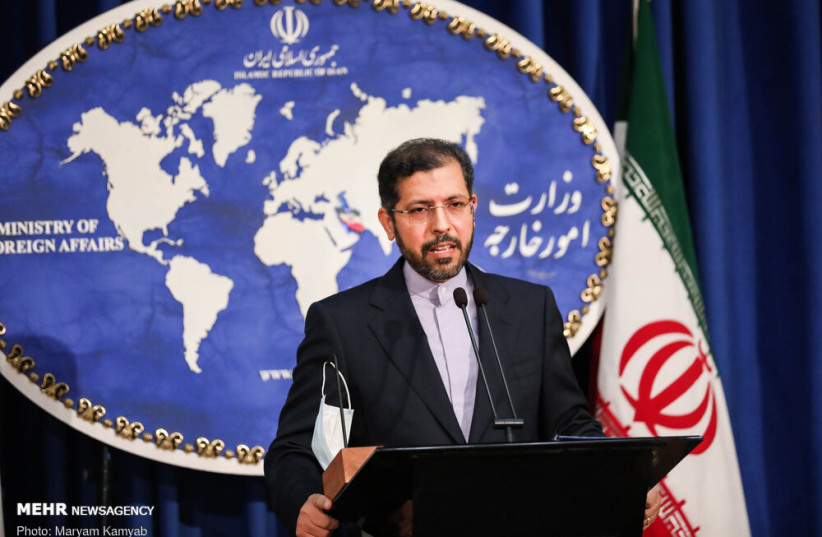
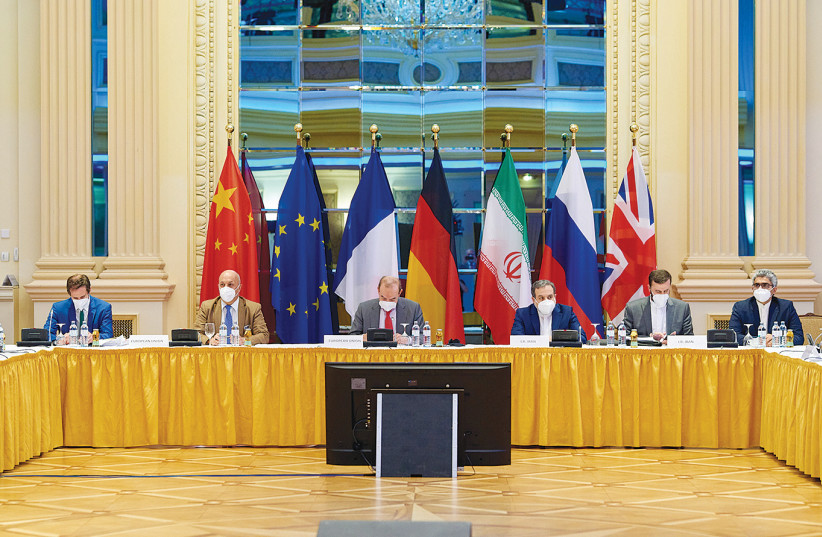

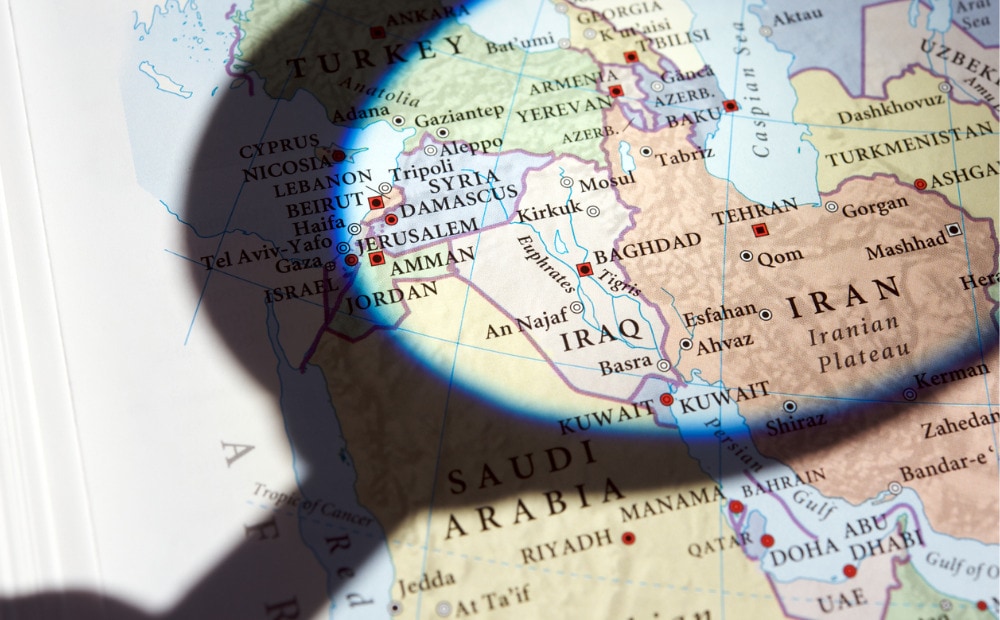

 israelradar.com
israelradar.com


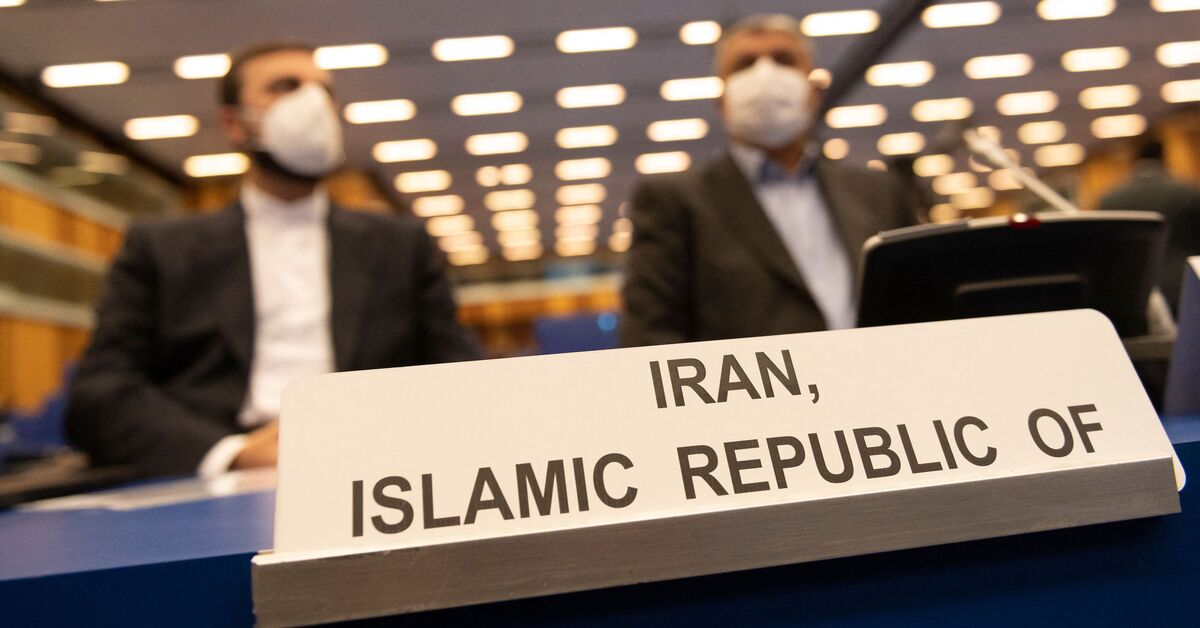




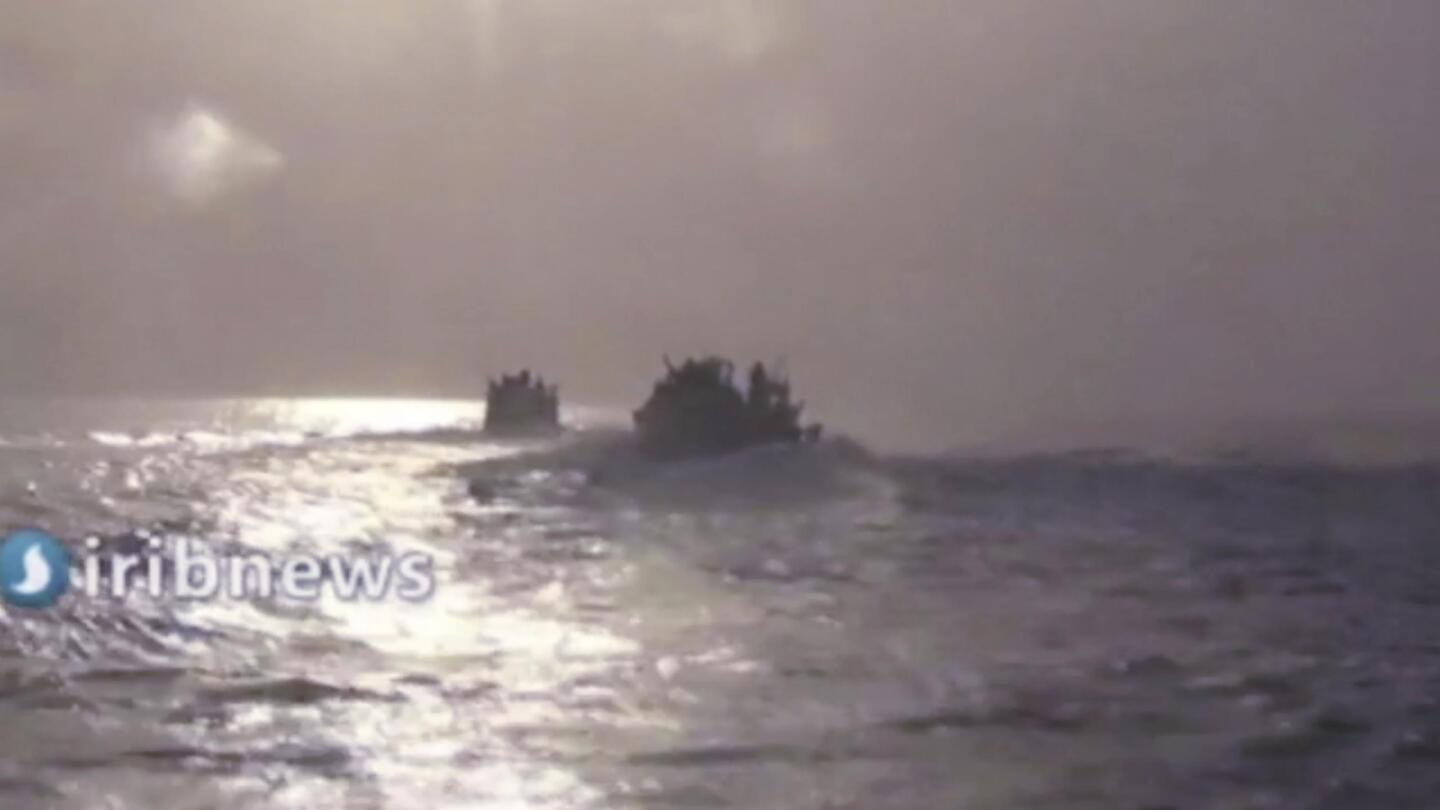






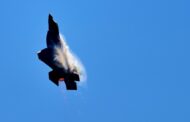


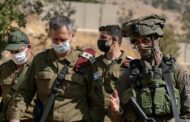


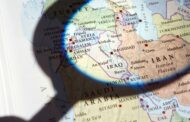
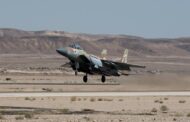
 israelradar.com
israelradar.com
